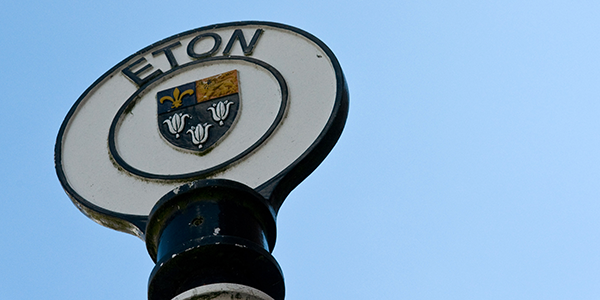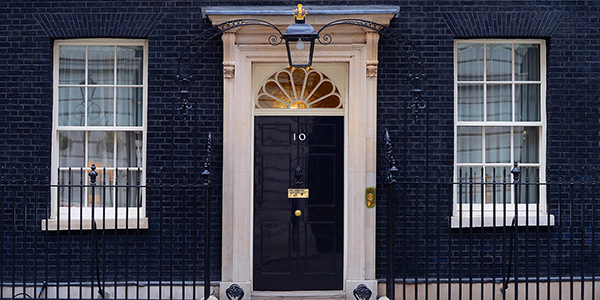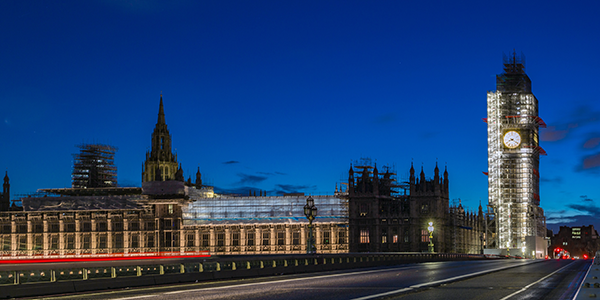Book Review | Posh Boys: How the English Public Schools Ruin Britain by Robert Verkaik
In Posh Boys: How the English Public Schools Ruin Britain, Robert Verkaik explores the role that public schooling plays in reproducing inequality in Britain, showing how public schools enable wealthy families to pass down their privilege to their children who subsequently have greater access to the most lucrative and powerful areas of British society. Grounded in statistical evidence, this is a valuable contribution to debates surrounding social mobility in the UK, writes Ross Goldstone.












 Democratic Audit's core funding is provided by the Joseph Rowntree Charitable Trust. Additional funding is provided by the London School of Economics.
Democratic Audit's core funding is provided by the Joseph Rowntree Charitable Trust. Additional funding is provided by the London School of Economics.